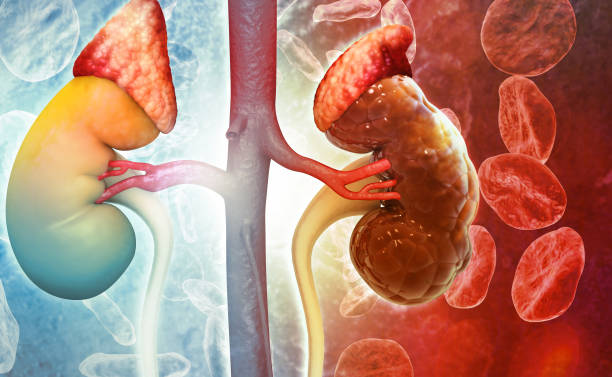Pyelonephritis is an inflammation of the kidney which is a result of bacteria not being flushed out of the body completely with urine. It is a sudden and life-threatening condition. Pyelonephritis causes the kidneys to swell and may permanently damage them.
The major cause of pyelonephritis is Escherichia coli, a bacteria that causes 90% of kidney infections. Bloodstream Staphylococcus infection is another cause of pyelonephritis.
The risk factors are the unusual size of the urinary tract, being female and older age. People with suppressed immune systems, vesicoureteral reflux, chronic kidney stones, enlarged prostate gland pregnancy and uncontrolled diabetes mellitus are usually at risk of pyelonephritis. Urinary tract surgery, catheter use, certain medications and spinal cord damage increase the vulnerability to pyelonephritis.
The symptoms of pyelonephritis are fever, nausea, vomiting, back pain, groin pain, abdominal pain, burning urination, cloudy urine, frequent urination, sudden chills, fatigue and mental confusion.
The complications are chronic kidney disease, sepsis, kidney abscess and acute kidney failure.
The laboratory diagnosis of pyelonephritis is by Urine Microscopy and Culture, Blood Culture and Urinalysis.
It can be treated with antibiotics, intravenous fluid and surgery.
To prevent pyelonephritis, urinate completely, practice good hygeine, drink enough water, urinate after sex and wipe from front to back after using the toilet.
Visit MedBioTech for your laboratory tests.
References:
my.clevelandclinic.org
www.healthline.com
www.urologyhealth.org

